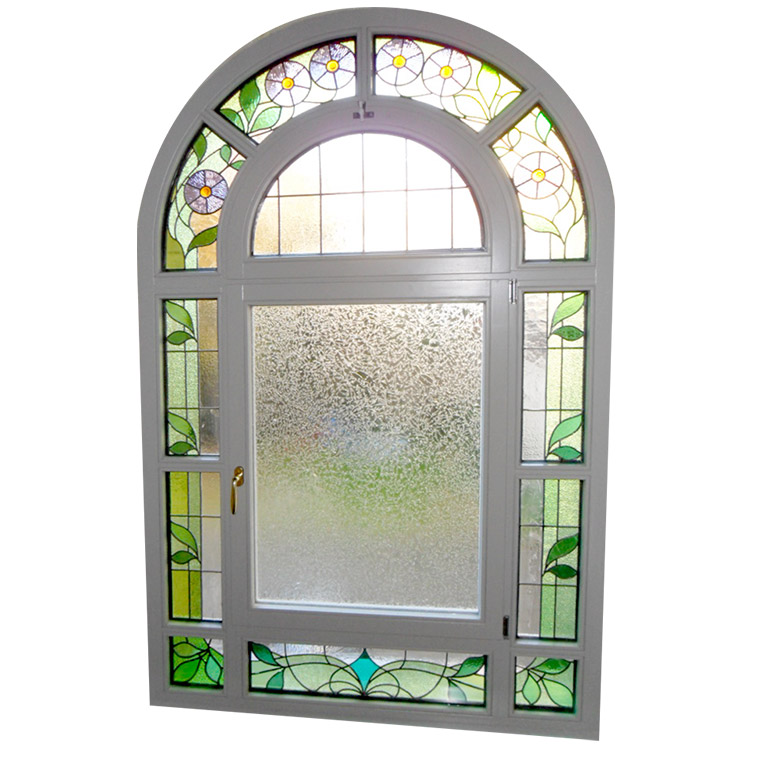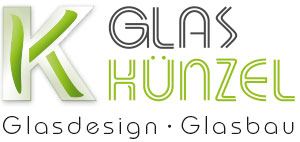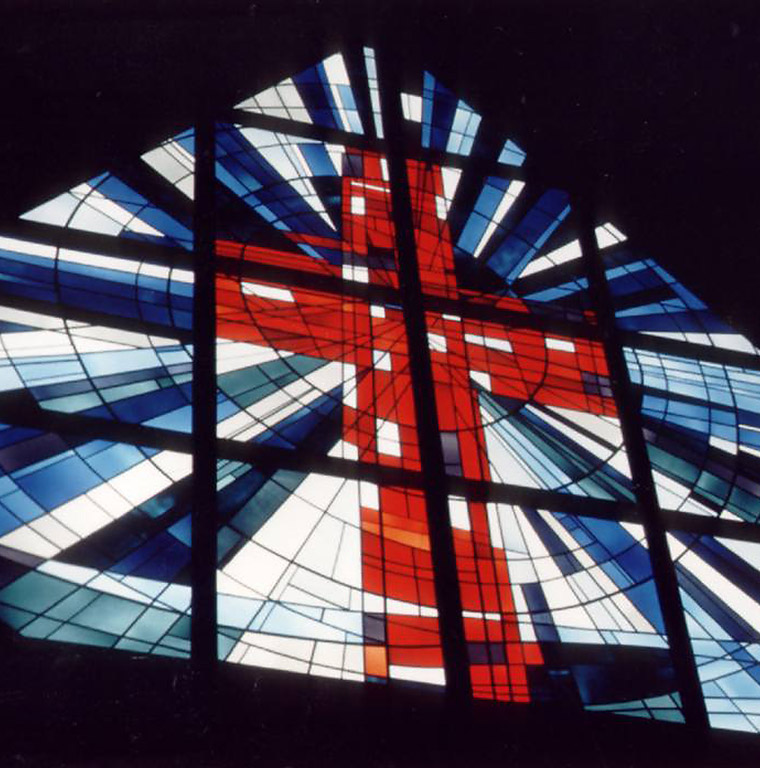lead glazing
bound by traditionLeaded glass is a craft with a long tradition
About 1,000 years ago, you could only produce glass in small dimensions. This is why they used lead lines to connect the individual elements to a larger whole and in doing so allow more light into buildings. Using this method, individual coloured and colourless pieces, as well as artistic pieces, can be arranged together. This is how larger and larger colour variations emerged, particularly in churches, to carry an image and tell a story.
Later, partitions, doors and furniture glass were created with the help of lead glazing. Through the functional and aesthetic use of lead rods, the technique served as a popular way of expressing art, but also played a role in architecture where it allowed for a flood of light.[A2]
Although in modern times new techniques and trends have largely replaced leaded glass, at Glas Künzel we want to preserve this traditional technique. Firstly, to preserve and recycle the ‘old treasure’ of the past, but secondly as a way of combining the old with the new and out of it creating something truly special.







